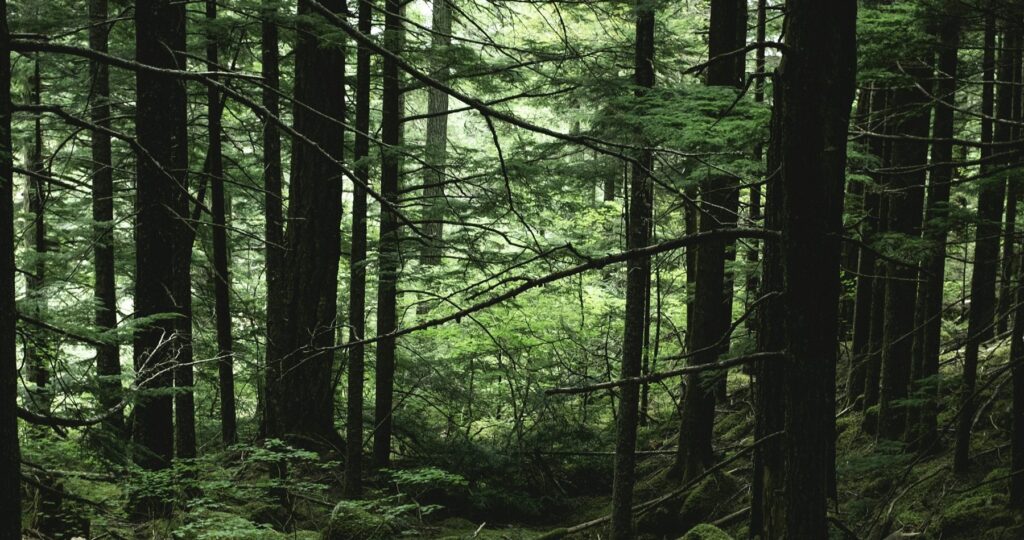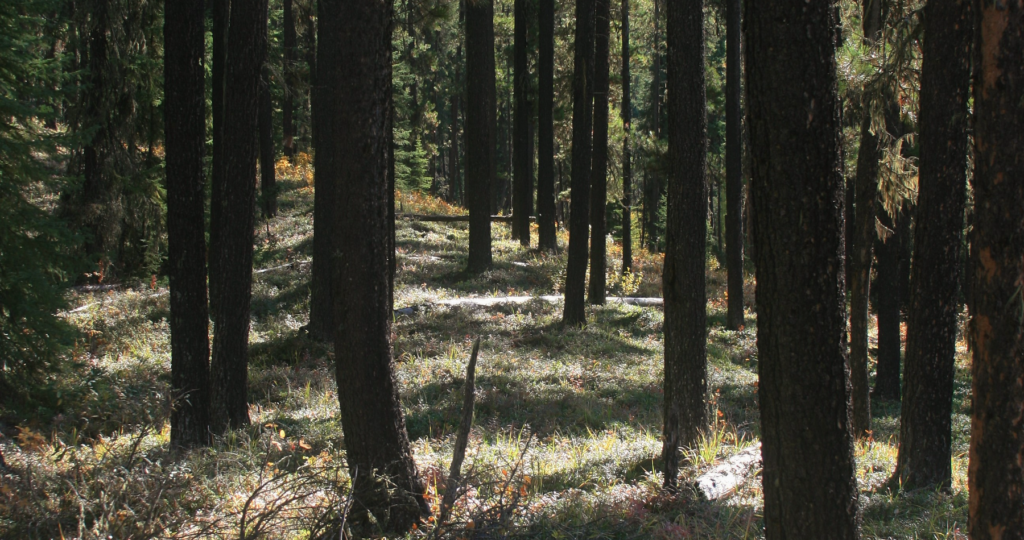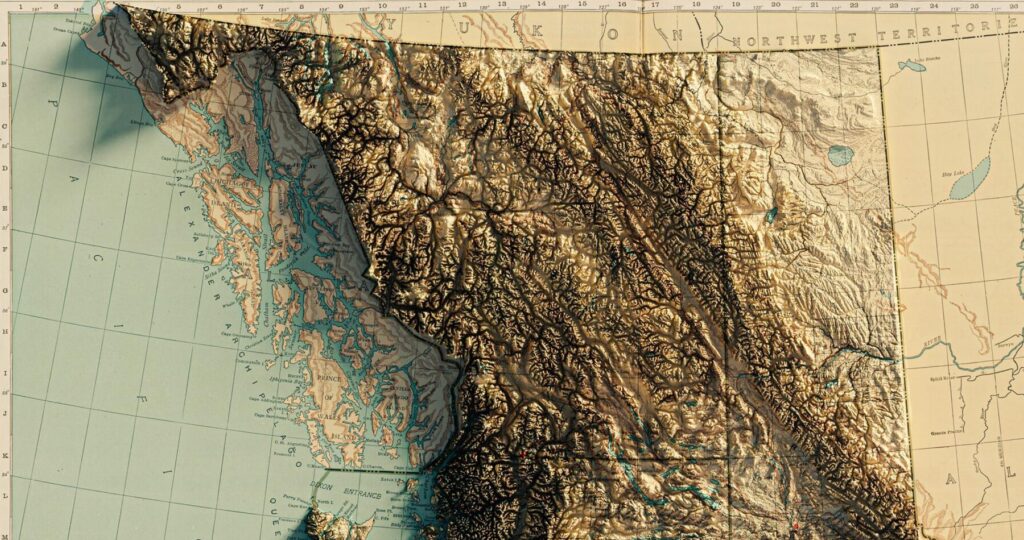Post Category : Glossary
Maul
By Corey Cookson on May 17, 2017
This week we feature an artifact that was found on a farm near Canora, Saskatchewan. A friend of mine sent the pictures of artifact that her father’s uncle found in a field during the mid-20th century. The artifact is known as a maul which is a large stone with a groove that would be used to haft a handle onto the stone. There were two types of mauls: a heavier one with a short handle and a smaller one with a longer and more limber handle. The heavier one was used as by women for many purposes such as: driving in tent pins, killing disabled animals, breaking up bones for marrow, pounding chokecherries, and pounding dried meat to make pemmican. The smaller one would have been used as a war club by men.
This maul was found out of context but even when found in situ mauls are difficult to date. They were often re-used by people who found them at old campsites and could have be used over thousands of years. For information about recent residue analysis on mauls found throughout Alberta read “More than meat: Residue analysis results of mauls in Alberta” by Kristine Fedyniak and Karen L. Giering in the most recent Blue Book: Back on the Horse: Recent Developments in Archaeological and Palaeontological Research in Alberta, Occasional Paper No. 36 (2016).

Related Posts
By Fallon Hardie

February 12, 2025
Culturally Modified Trees of the Interior, British Columbia
A Foreword For the Archaeologists who’ve found themselves interested in the niches of Ecology and Landscape-Use-Dynamics, we tend to recognize the landscape as a dynamic whole; a manuscript of activities, knowledge, and ideologies that human societies have crafted and applied to the environments in which they live. However, Professional Consulting Archaeologists in Cultural Resource Management
Keep ReadingTags: Archaeology | CMT | Culture | history | Land Use Dynamics | methods | Sites | traditional use sites
By Maegan Huber

January 31, 2025
Alberta’s Boreal Sand Hills
Alberta’s Boreal Sand Hills Some people may be surprised to learn that Alberta is home to a series of large sand hill complexes made up of large forested dune features. Typically, when we think of sand dunes we tend to picture hot and dry regions with minimal vegetation, often situated near oceans. However, Alberta’s boreal
Keep ReadingTags: #Boreal | #Geology | #Geomorphology | #IceSheets | #Sandhills | Alberta | Archaeology | CRM | Sites
By Braedy Chapman

July 2, 2023
Top sites of 2022, BC edition
Field operations in British columbia 2022 marked Ember Archaeology’s first year of significant field operations in British Columbia. Our BC crews conducted a number of sizable wildfire-related projects for the BC Ministry of Forests over the course of the season, ultimately surveying hundreds of kilometers of constructed fireguards and fuel reduction developments. These were nearly
Keep ReadingTags: 100 Mile House | Anaheim Peak | Archaeology | Arrowstone Hills | Athapaskan | Baezaeko River | Biface | British Columbia | Cache Creek | Chilcotin | CRM | Dacite | Early Nesikep | Interior Plateau | Lehman Phase | Lithics | Maiden Creek | Nazko | obsidian | projectile point | Side notched | Sites
